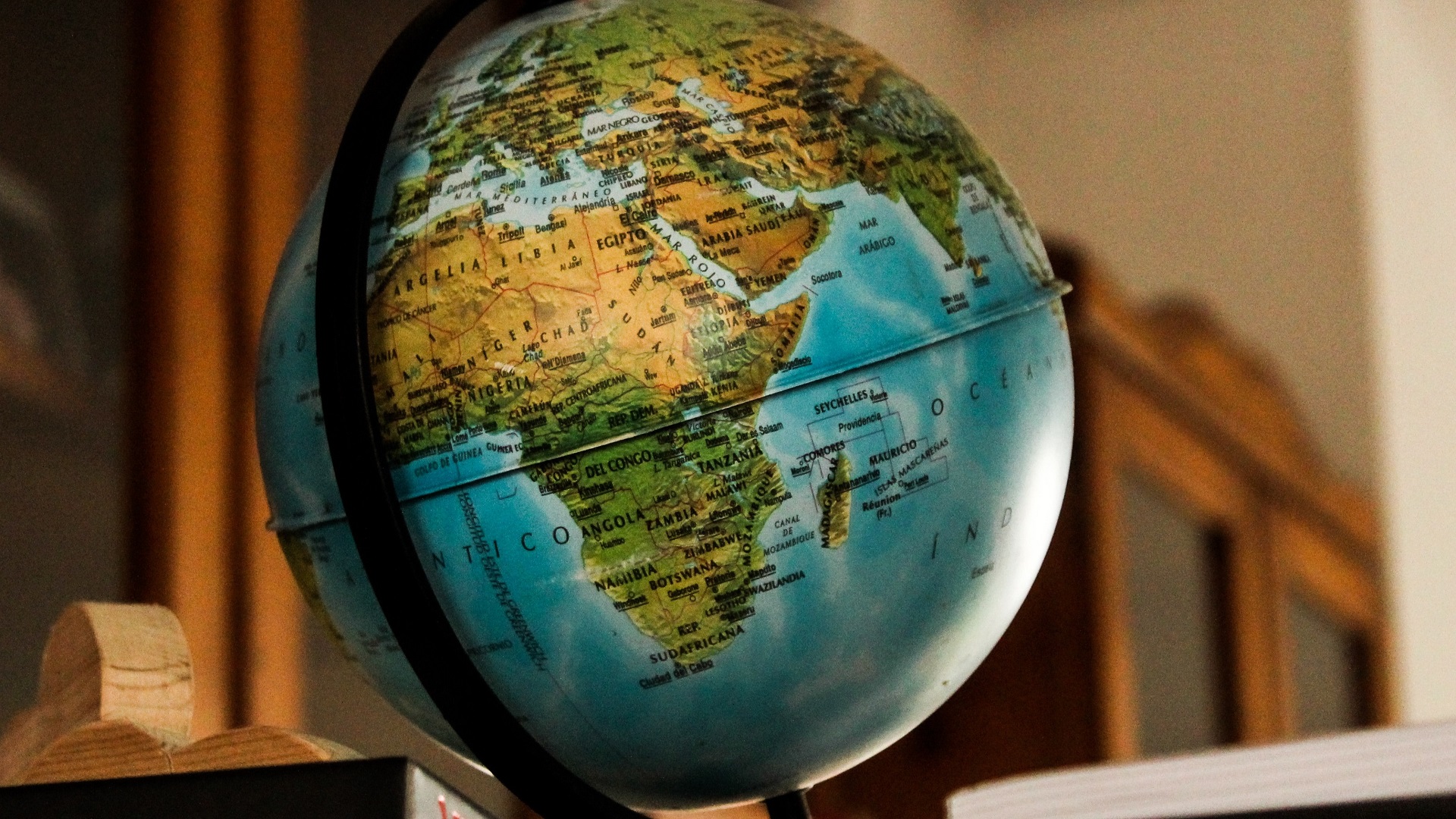Child labor is a global challenge that affects millions of children worldwide, and Africa is arguably the most affected continent. Despite international and regional efforts, this practice persists in many African countries, depriving children of their childhood and educational opportunities. The fight against child labor in Africa is an urgent commitment, and a crucial part of this effort lies in establishing clear age limits to protect children.
In the African region, the minimum working age varies from country to country. However, in line with international standards, most African countries have set a minimum age for work. This typically ranges between 14 and 16 years, depending on the country and specific circumstances.
For example, in Nigeria, the minimum working age is 15 years, while in Kenya and South Africa, it is set at 15 and 18 years, respectively. In Ethiopia, where child labor is a significant challenge, the minimum working age is 14 years, but there are exceptions for certain types of non-hazardous work.
Despite these established age limits, child labor continues to be a persistent issue in Africa. Countries such as Burkina Faso, Mali, Chad, and Niger have some of the highest rates of child labor in the region. Factors such as poverty, lack of access to quality education, and ineffective enforcement of labor laws contribute to this troubling situation.
Effectively addressing child labor in Africa requires a multifaceted approach. In addition to respecting and enforcing minimum age limits, it is essential to increase access to quality education, provide support to vulnerable families, and raise awareness about the risks and consequences of child labor. African governments are adopting stronger strategies to tackle this problem, with many ratifying international agreements like ILO Convention 182 to strengthen their commitment to fighting child labor.
International organizations and NGOs also play a crucial role in the fight against child labor in Africa, providing resources, support, and monitoring. Through programs addressing the root causes of child labor and offering sustainable alternatives, efforts are being made to change the reality for African children.
In summary, the eradication of child labor in Africa is an ongoing battle that requires continued cooperation at national, regional, and international levels. Establishing and enforcing minimum age limits is a crucial step in this direction, but efforts must continue to ensure that all African children have the opportunity to enjoy a safe and educational childhood.





